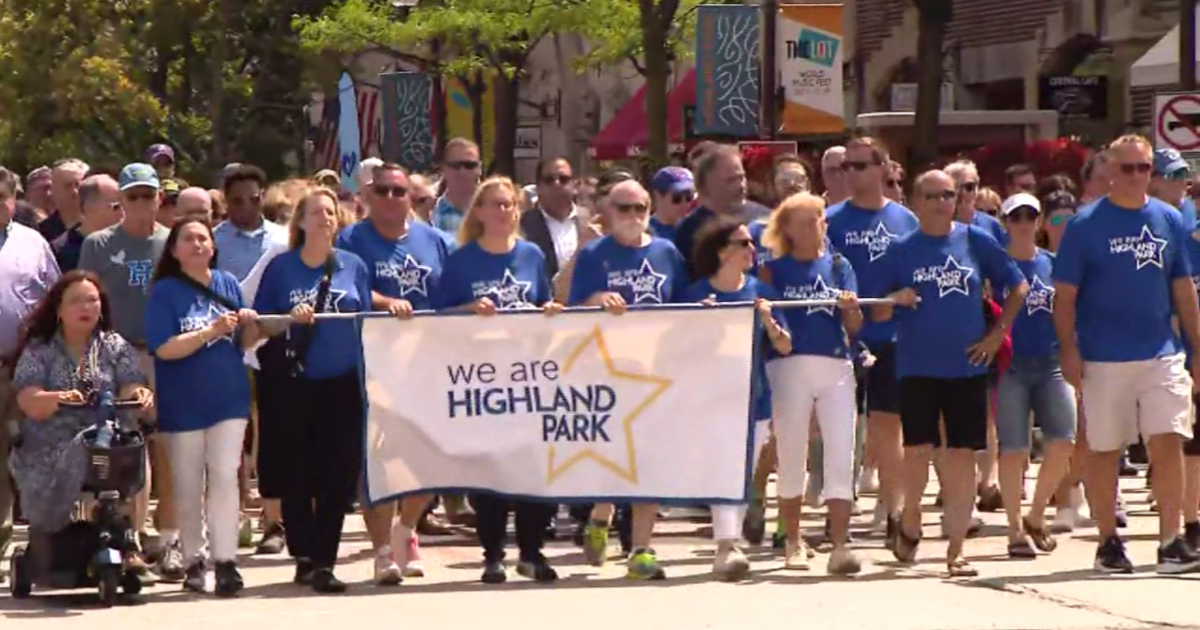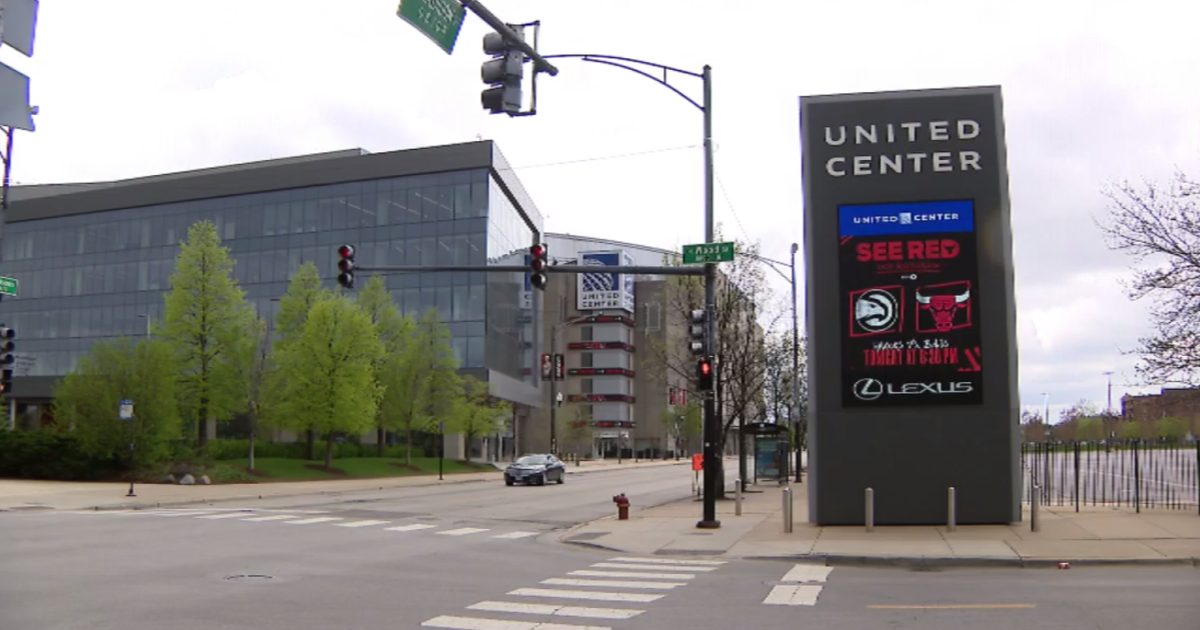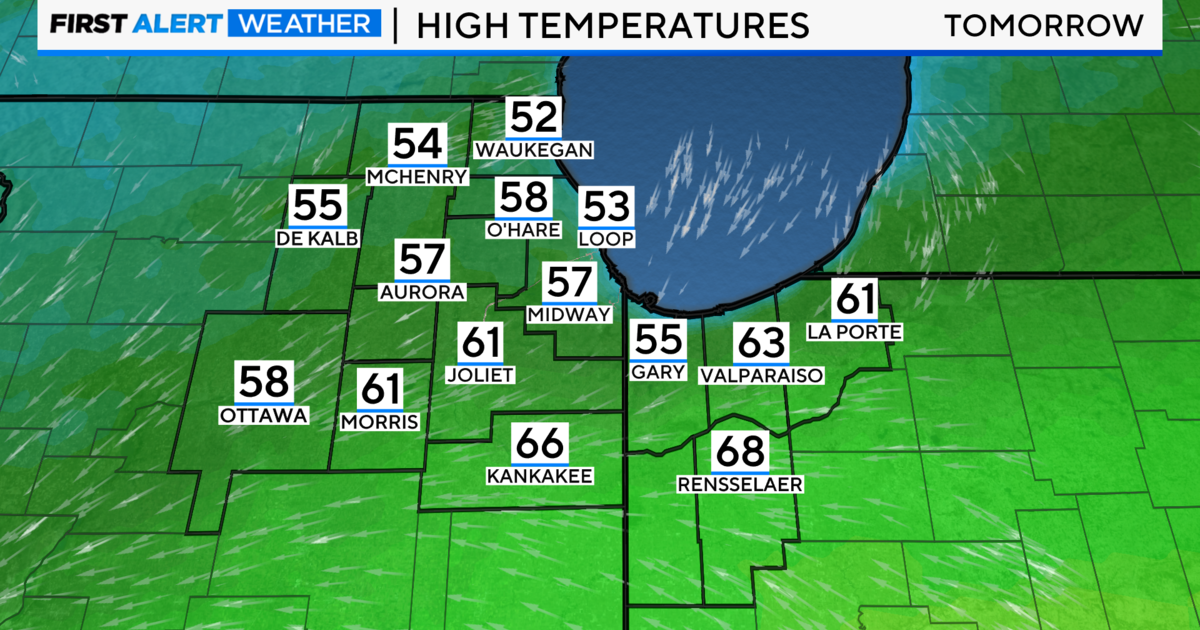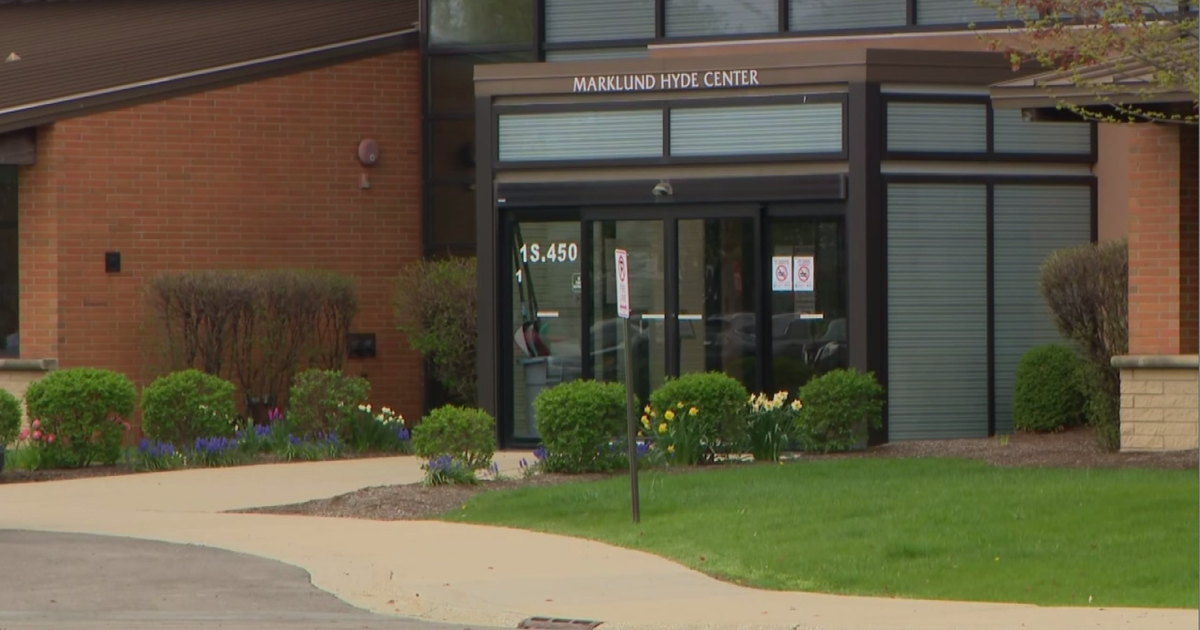East Dundee Considers New Fees For Video Gambling Machines
EAST DUNDEE, Ill. (STMW) -- The Village Board's decision to overturn the ban on video gambling in 2012 is proving to be a boon for both the businesses that carry the machines and northwest suburban East Dundee itself.
Five percent of the machines' net revenue is returned to the village, and Village Administrator Bob Skurla estimates that amount to be about $25,000 annually.
He said the handful of facilities in East Dundee that offer video gambling have been averaging between $4,000 and $5,000 a month.
"Although the last few months, because of the cold, people haven't been going out and doing much of anything," he said. "When people start going out again the sales tax will likely go up."
And the village could soon see even more money in its coffers due to the machines.
Similar to other area communities, East Dundee Police Chief Terry Mee has proposed requiring an annual facility video gaming permit fee and an additional per machine fee.
According to village documents, Algonquin charges a $1,000 permit fee and an additional $500 per machine annually. East Dundee is proposing a $1,000 a year permit fee and an additional fee of $250 per machine annually.
Skurla anticipates those fees would bring in an additional $20,000 a year. He said those funds can go into the general account and because East Dundee is a homerule community, "we can spend it on any legal issue that the village so desires."
In Carpentersville, the Village Board is dedicating the village's share of gaming revenue to a special fund aimed at civic improvement. The village is asking residents to help determine how that money should be spent.
Some suggestions by East Dundee officials have included using the money to create a scholarship for East Dundee residents or implement a residential façade improvement program. Through a residential facade program, municipalities offer assistance to homeowners who want to improve the façade or exterior of the residential structure.
But Village President Lael Miller said while thinks both of those are good ideas, "I don't think there's going to be board support for those going forward."
"Simply for the reason that I think the argument would go that there are certain places where government should spend tax dollars and certain places where they shouldn't," he said. "Scholarships and residential facade programs are probably best handled by other organizations."
Miller said he would like to eventually see a residential facade program in place for the village.
"It's been talked about internally for the past year. But we can't pay for that out of tax increment finance funds and I don't see using other resident's tax money on it is a fair way to do that either," he said. "I think we'll table that for awhile until we find another way to do it."
Under tax increment financing, the amount of property tax dollars distributed to the various local taxing bodies from TIF district property owners is frozen. Money collected in property taxes above that amount is used to revitalize the TIF area with infrastructure and other improvements.
Skurla said village officials "are always open to suggestion."
"That's why we have open mic, so to speak, at our meetings," he said. "We always have two sessions — one at the beginning in case someone wants to speak about the agenda and then right at the end for anybody who has something to talk to the board about that's not on the agenda and has time to say, 'I'd like you to spend some money on this.'"
(Source: Sun-Times Media Wire © Chicago Sun-Times 2014. All Rights Reserved. This material may not be published, broadcast, rewritten, or redistributed.)



